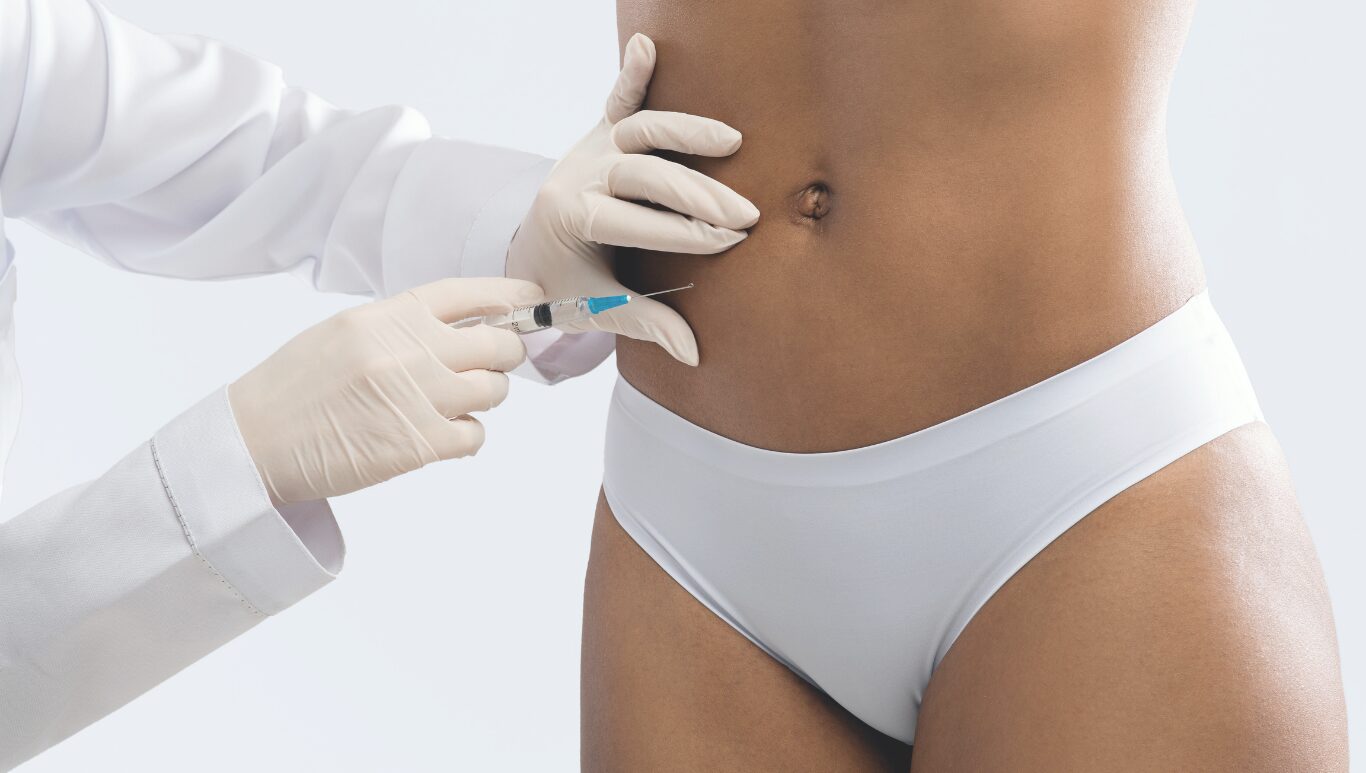Walk into any health store, pharmacy, or even scroll through your Instagram feed, and you’ll see probiotics everywhere. They’ve become one of the most talked-about supplements in the wellness space, and for good reason. Research in the past decade has revealed just how powerful our gut microbiome is when it comes to influencing everything from digestion and immunity to hormones, mood, skin health, and even long-term vitality.
But here’s the catch: not all probiotics are the same, and not every product labeled “probiotic” will deliver results. This is where confusion often sets in. You might find yourself standing in front of a shelf full of bottles, wondering – Which one should I choose? Does the number of billions matter? Should I just grab the one on sale?
The truth is, choosing the right probiotic isn’t about marketing claims or flashy packaging, it’s about understanding what your body needs and selecting a formula that has been designed to support those specific needs.
For women especially, gut health is deeply connected to overall wellness. A balanced microbiome supports smoother digestion, helps eliminate excess estrogen, strengthens immunity, reduces bloating, clears skin, and even eases PMS or perimenopause symptoms. When your gut is in balance, your whole body feels more vibrant and resilient. When it’s out of balance, the effects ripple across your energy, mood, and long-term health.
This is why probiotics matter, and why it’s worth taking the time to choose one wisely. In this blog, I’ll guide you through exactly what probiotics are, why they’re so essential for women’s health, and the key things to look for when selecting the right one for you. By the end, you’ll feel confident in navigating the probiotic aisle and know how to nourish your inner ecosystem so you can feel, and look, your very best.
What Are Probiotics?
Probiotics are live microorganisms, mostly bacteria and some yeasts, that provide health benefits when consumed in the right amounts. Think of them as the “friendly bacteria” that support your digestion, immunity, hormone balance, and even mood.
Your gut is home to trillions of bacteria that work as a community (the microbiome). A balanced microbiome keeps you energized, supports nutrient absorption, and protects against pathogens. When this balance is disrupted, by stress, antibiotics, poor diet, or even hormonal shifts, symptoms like bloating, fatigue, breakouts, and weakened immunity can appear.
That’s where targeted probiotics come in.
Why Probiotics Matter for Women’s Health
For women, gut health is deeply connected to hormonal health, metabolism, and skin. A thriving microbiome:
- Supports hormone balance by aiding in the elimination of excess estrogen.
- Reduces inflammation, which plays a role in PMS, PCOS, and endometriosis.
- Boosts immunity, which is especially helpful during times of stress.
- Improves skin clarity by reducing systemic inflammation and supporting detox pathways.
- Aids digestion, easing bloating and irregular bowel movements.
Simply put: if you want to feel nourished, balanced, and glowing from within, probiotics are a key ally.
How to Choose the Right Probiotic
Not every probiotic supplement will work the same way. Here are the most important factors to consider:
Strain Specificity Matters
Different strains have different benefits. Look for well-studied strains for your goals:
- Digestive health & bloating: Lactobacillus rhamnosus GG, Bifidobacterium lactis BB-12
- Immunity: Lactobacillus casei Shirota, Bifidobacterium bifidum
- Women’s intimate health: Lactobacillus reuteri, Lactobacillus rhamnosus GR-1
- Mood & stress: Lactobacillus helveticus R0052 and Bifidobacterium longum R0175
- Skin health: Lactobacillus plantarum, Bifidobacterium breve
Don’t just settle for “contains probiotics” on the label, the exact strain makes all the difference.
CFU Count (Colony Forming Units)
CFUs indicate the number of live bacteria in each dose. More isn’t always better; it depends on your needs and the strain’s research. A good daily probiotic often ranges between 5–20 billion CFUs. For therapeutic use, some formulas go higher, but quality is always more important than sheer numbers.
Survivability
The best probiotic in the world won’t help if it can’t survive your stomach acid. Look for:
- Delayed-release capsules (to reach the intestines)
- Spore-based probiotics (naturally resistant)
- Encapsulated or freeze-dried formulas for stability
Prebiotics and Synbiotics
Probiotics need food to thrive, that’s where prebiotics come in (fibers like inulin, FOS, or resistant starch). Some supplements combine both probiotics and prebiotics, known as synbiotics, which can be more effective.
Clean Label and Quality
Always check for:
- Third-party testing for purity and potency
- No unnecessary fillers, artificial colors, or added sugars
- Clear labeling of strains and CFUs (not just “proprietary blend”)
Your Unique Needs
The right probiotic depends on your body, your lifestyle, and your health goals. For example:
- If you’re dealing with antibiotic recovery, a broad-spectrum probiotic may help restore balance.
- If your focus is hormonal balance, choose strains that support estrogen metabolism.
- For skin clarity, look for strains studied for acne or eczema relief.
Beyond Supplements: Everyday Probiotic Support
Remember, probiotics aren’t just in a bottle. You can naturally nourish your microbiome by adding fermented foods to your diet:
- Yogurt or kefir (look for “live cultures”)
- Sauerkraut, kimchi, or pickles (fermented, not pasteurized)
- Miso, tempeh, or natto
- Kombucha
Pair these with prebiotic-rich foods (garlic, onions, asparagus, oats, bananas) to truly feed your microbiome.
Conclusion
Choosing a probiotic isn’t just about adding another supplement to your routine, it’s about making an intentional decision to care for your inner ecosystem. Your gut is the foundation of your health, influencing your energy, hormones, immunity, mood, and even the way your skin looks and feels. When it’s balanced, you notice it in your daily life: lighter digestion, more steady energy, clearer thinking, and a sense of overall vitality.
But probiotics aren’t magic pills. They work best as part of a holistic approach, alongside nourishing foods, stress management, quality sleep, and daily rituals that support your body’s natural rhythms. Think of probiotics as one tool in your toolbox, powerful, yes, but even more effective when paired with a lifestyle designed to help you thrive.
So, when you choose a probiotic, do it with intention. Look beyond the buzzwords and ask: Does this formula support my unique needs right now? Whether that’s balancing hormones, calming inflammation, supporting your skin, or recovering after antibiotics, there’s a targeted option that can help you.
Your body is always communicating with you. If you’ve been feeling bloated, sluggish, or “off,” it may be your gut asking for more support. By listening, nourishing wisely, and choosing the right probiotic, you’re not just addressing a symptom, you’re strengthening your foundation for long-term wellness.











